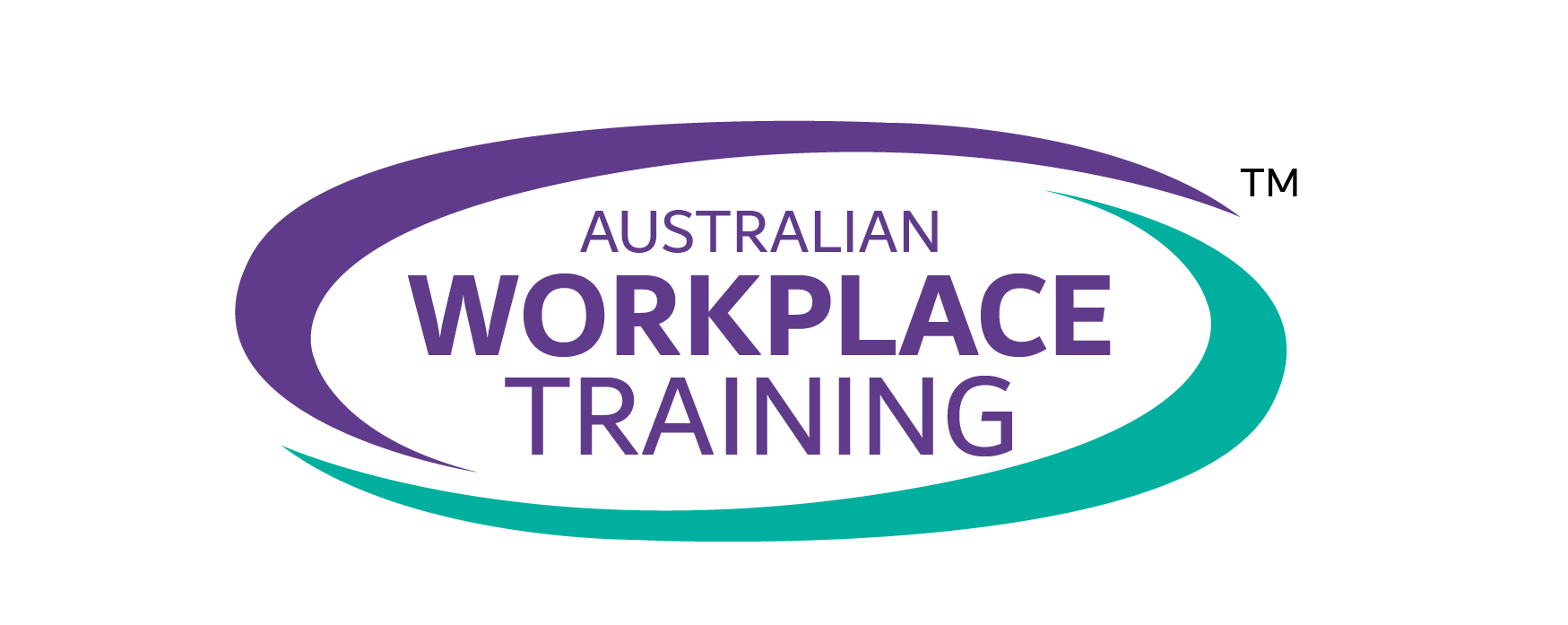Beyond the Basics: How a Cert IV or Diploma Can Fast-Track Your Career in Care

Why Is Continuous Learning So Important
in Community Services?
Because entry-level qualifications are no longer enough to meet the growing complexity of service needs—or to move into higher-level roles.
The community services and care sector is evolving rapidly, with challenges that span mental health, cultural diversity, and shifting policy landscapes. Client needs have become more personalised and complex, requiring workers to continually upgrade their knowledge and skills to provide effective, high-quality support.
In this field, holding a Certificate III may help you enter the workforce, but it won’t advance your career progression. You may have years of experience and be fully capable of handling care tasks independently—but many advanced roles no longer value tenure alone. Increasingly, qualifications are the gatekeepers. Without the right credentials, you may be overlooked for roles like case manager, team leader, or service coordinator, regardless of how long you’ve been on the job.
On the other hand, upgrading to a Certificate IV or Diploma at the right time can help you quickly move beyond support work and into roles with more influence and decision-making power. Rather than waiting years for career growth, gaining a Certificate IV or Diploma may help you become eligible for more specialised or higher-responsibility roles—depending on your experience and the job market.
Further study can help equip you with the skills and confidence to contribute more meaningfully—whether in service delivery, team collaboration, or community engagement. Those who are serious about changing their trajectory know that learning is not a detour—it’s the fastest path forward.
What Makes Certificate IV Valuable: Your
Gateway to Specialised Roles
Certificate IV is more than just an upgrade in skills—it’s a shift in your professional scope. It equips you to step beyond general care and move into specialised roles where deeper knowledge and targeted support are essential. Whether you’re working with young people, supporting individuals with mental health needs, or coordinating disability care, Cert IV gives you the tools to respond to complex and high-risk situations with confidence and professionalism.
You can see this shift toward specialisation clearly in the course offerings at AWT, such as:
- CHC40421 Certificate IV in Youth Work
- CHC43015 Certificate IV in Ageing Support
- CHC43121 Certificate IV in Disability Support
- CHC43315 Certificate IV in Mental Health
- CHC43415 Certificate IV in Leisure & Health
The course titles themselves highlight the focused nature of each qualification. Unlike the broader approach of Certificate III, these programs are designed for those who want to support specific populations and address more nuanced service needs. Certificate IV helps you develop the practical skills, theoretical understanding, and professional judgment required to take on these roles—not just as a support worker, but as a problem-solver and specialist.
This qualification can help expand your professional options in areas where specialized skills are in demand—particularly when combined with relevant work experience.
What Sets a Diploma Apart: From Frontline Practice to Leadership and Strategy
The real difference a Diploma makes lies in its ability to transition you from hands-on support work to leadership, coordination, and strategic roles. While Certificate IV qualifications prepare you for more specialized frontline services, a Diploma equips you to manage those services—from designing and improving programs, to supervising teams and overseeing compliance and risk.
This shift isn’t just about hierarchy—it’s about influence. With a CHC52021 Diploma of Community Services, for example, you’ll gain advanced skills in case management, documentation, and team dynamics, while also learning how to coordinate community programs, allocate resources, and respond to regulatory requirements. These are essential capabilities for roles such as Case Manager, Program Coordinator, or Community Services Manager.
In many organisations, especially within government-funded programs and NGOs, these roles are the backbone of service delivery. They carry greater responsibility, offer higher salaries, and often come with more job stability.
A Diploma doesn’t just enhance your resume—it expands your role in the system. It places you in a position to shape outcomes, influence policy, and support others from a place of authority and insight. For anyone who wants to move beyond service delivery and step into the bigger picture of social impact, the Diploma is the bridge to that future
Final: Pathways and Career Outcomes with These Qualifications
Still not sure which career path is right for you?
Whether you’re passionate about youth support, aged care, disability services, or community leadership, upgrading to a Certificate IV or Diploma can help you step into roles with more impact, responsibility, and professional recognition.
Here’s a quick summary of AWT’s qualifications and the corresponding career pathways:
| COURSE | PATH CAREER |
|---|---|
| CHC40421 Certificate IV in Youth Work | • Youth worker • Youth case worker • Youth and family service worker • Community development worker (youth) • Residential care worker • Youth and family resource officer • Recreational youth activities worker • Indigenous youth worker • Youth housing support worker • Youth alcohol and other drugs worker |
| CHC43015 Certificate IV in Ageing Support | • Care Service Team Leader • Care Supervisor (Aged Care) • Aged Care Activity Worker • Personal Care Giver • Personal Care Worker • Community Program Coordinator |
| CHC43121 Certificate IV in Disability Support | • Disability Support Worker • Disabilities Supervisor • Day Support Disability Officer • Disability Team Leader • Lifestyle Support Officer • Community Program Coordinator |
| CHC43315 Certificate IV in Mental Health | • Coordinator-Mental Health • Assistant Community Services Worker • Mental Health Outreach Worker • Outreach Officer • Community Rehabilitation Worker • Community Program Coordinator |
| CHC43415 Certificate IV in Leisure & Health | • Leisure and Health Assistant • Diversional Therapy Assistant • Recreational Activities Officer • Community Recreation Activity Assistant • Day Support Disability Officer • Community Leisure Officer |
| CHC52021 Diploma of Community Services (General & Case Management) | • Care Team Leader • Community Worker • Community Care Manager • Case Coordinator • Community Program Coordinator • Assistant Community Service Worker |
| CHC50121 Diploma of Early Childhood Education & Care | • Centre Manager • OSHC Coordinator • Centre Director (Long Day Care) • Early Childhood Educator |
Each of these roles represents more than just a promotion—they often come with greater responsibility, broader impact, and stronger long-term career potential.
Take the Next Step in Your Career
Ready to move forward with confidence? ( Please note that job outcomes and career progression may vary depending on individual circumstances. )
Explore our course options or book a free consultation to find the best fit for your goals.
https://awt.edu.au/contact-us/
